In the last few days I read both Genevieve Angelson’s Refinery29 essay on confronting her eating disorder while in quarantine, and also The New York Times‘ reporting on the current crisis as a relapse trigger for those in addiction recovery (which, not surprisingly, Angelson refers to).
I’m going to issue a gentle warning for the Refinery29 article, as it contains detailed descriptions of behaviors: consider what’s appropriate for you at this moment in time before reading. My point really isn’t so much to draw attention to a single ED testimony right now as to acknowledge the struggle that so many people who identified as recovered, or in recovery, must be feeling.
I’ve been conscious of the ED and food struggles throughout quarantine because of my private practice as a dietitian, but I hadn’t stopped to think about how this must affect those who are experiencing different forms of recovery: recovery from addiction, trauma, or codependency, to name only a few.
In the early years of my own recovery, I used to feel incredibly frustrated, and even a little victimized, when something happened in my circumstances (think: conflicts, illnesses, professional setbacks, heartbreaks) that dredged up my stuff. It felt unfair: I’d worked so hard to get to where I was, and recovery was still new. I wanted life to cut me a break from triggers until I felt rock solid.
It never works that way, though. Life is full of difficulty (along with the wonderful stuff), and triggers are inevitable. Sometimes they’re big, sometimes they’re small, but they’re always with us. If you’ve had an eating disorder in the past, there’s a good chance that they’ll test your relationship with food, body image, and the desire for control.
Recovery doesn’t reside in avoiding triggers, or even in avoiding relapse. It resides in being triggered and greeting the experience with a little more strength and resilience than you did the last time. I think the same goes for relapse, which is common among those who’ve had EDs. We hope and actively work to avoid relapse, but if it happens, it’s not the end of recovery. Getting up after you’ve been knocked down—perhaps with a little more clarity, resolve, or quickness than you might have in the past—is what recovery is all about.
We all yearn for healing that is linear and lasting, and I think it’s beautiful to hang onto that hope for ourselves and others. But healing is complex, and it can be the work of a lifetime. This is why I feel so strongly about discussing recovery in a way that accommodates its realities: the challenges and setbacks, the stumbles and periods of getting lost. They’re not the pretty part of healing, but they are part of it, and they’re as worthy of celebration as the obvious triumphs.
For those in recovery, this is a momentous test of strength and self-compassion. If you’re out there and you’re struggling, I see you. I’m holding onto the self-compassion that you may find difficult to issue to yourself right now. You are not alone in what you’re feeling and experiencing, and you are no less worthy or lovable because you’re having a hard time. One day at a time. Always, but especially right now.
Happy Sunday friends. Here are some recipes and reads.
Recipes
A cozy and comforting gnocchi and kale bake from Nourishing Amy.
A wholesome, colorful plant-based power bowl with miso lemon dressing, via Soulfully Tasty.
Can’t wait to try Steven’s mini deep dish pizzas!
A great looking bowl of Kung Pao cauliflower.
Finally, I love the looks of Lindsay’s French toast pull apart bread for Mother’s Day (or any day!).
Reads
1. While we’re on the topic of healing, no single tool has been more supportive of my recovery and ongoing well-being than therapy. In that spirit, sharing a helpful NPR article/interview on finding the support of therapy in the midst of the COVID-19 crisis.
2. Something uplifting: Pakistan is helping its laborers who’ve lost their jobs due to the crisis by hiring them to plant saplings as part of a nationwide initiative to increase forestation and counter the damage of climate change.
3. If you’ve been a little confused about antibody testing and how it works (I’ve had lots of questions!), this is good reading material.
4. Another article that acknowledges how complex the coronavirus crisis is. I like that Ed Yong advocates for scientists to be honest about uncertainties, so as to make updates less confusing for the public.
5. No intention of putting a positive spin on this tragedy, but I do welcome perspectives on how people are responding to the COVID-19 crisis with strength and compassion. So, I was uplifted by New York Magazine‘s tribute to how New Yorkers have shown up for each other during epidemics past and present.
Sending much love to all of you. New recipes coming up this week!
xo
You might also like
A yoga teacher of mine introduced me this week to Mark Nepo’s wonderful meditation on “the art of facing things.” This is from Nepo’s The Book of Awakening, which I haven’t actually read. I plan to get a copy of the book soon, but in the meantime, I found the passage online. Please forgive any inaccuracies that I might have included in transcribing it. I’m going to share the whole thing, because Nepo’s central metaphor is most powerful in its entirety: Salmon have…
Happy weekend, all. I want to thank you for taking time to read and consider Emilia’s awesome green recovery story. If you haven’t seen it yet, I do recommend checking it out; it’s incredibly powerful. I’m still on a holiday recipe kick, so here are some of my additional Thanksgiving ideas: 3 entree ideas, two sumptuous desserts. For more inspiration, you can check out the Thanksgiving recipe roundup post that I compiled earlier this week! Kristy has veganized a perennial Thanksgiving favorite, green…
I can’t believe it’s already June—it seems as though last August was only yesterday, and I was staring down the long road of the dietetic internship. Everyone assured me that the year would fly by, and in the aggregate it has, though some of the rotations have felt endless. My current rotation is one of those, which makes the DI finish line of late July feel farther away than it is. The only way out is through, so until this rotation is behind…
Happy Saturday, friends. If you happen to be reading in the DC area, I hope you’ve been enjoying this wave of springtime weather! It’s lovely outside today. Here are some links that have piqued my interest this week. To start things off, this lentil quinoa meatball bolognese over zucchini noodles looks like a fantastic combination of refreshing and hearty. I’m still on a tempeh high from this week’s tempeh chili. This salad recipe–roasted sweet potatoes, greens, and tempeh sticks with barbecue balsamic dressing–looks…


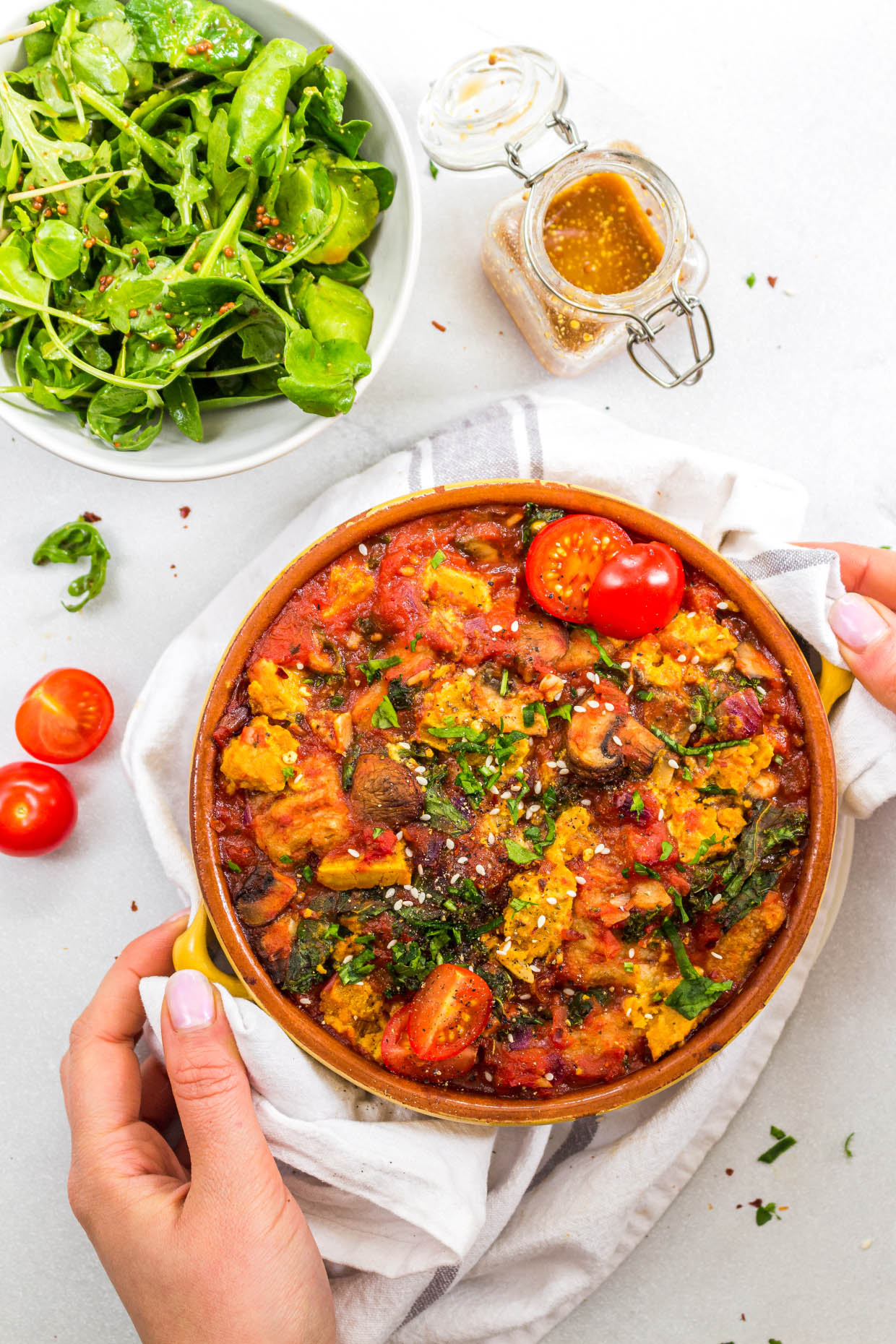
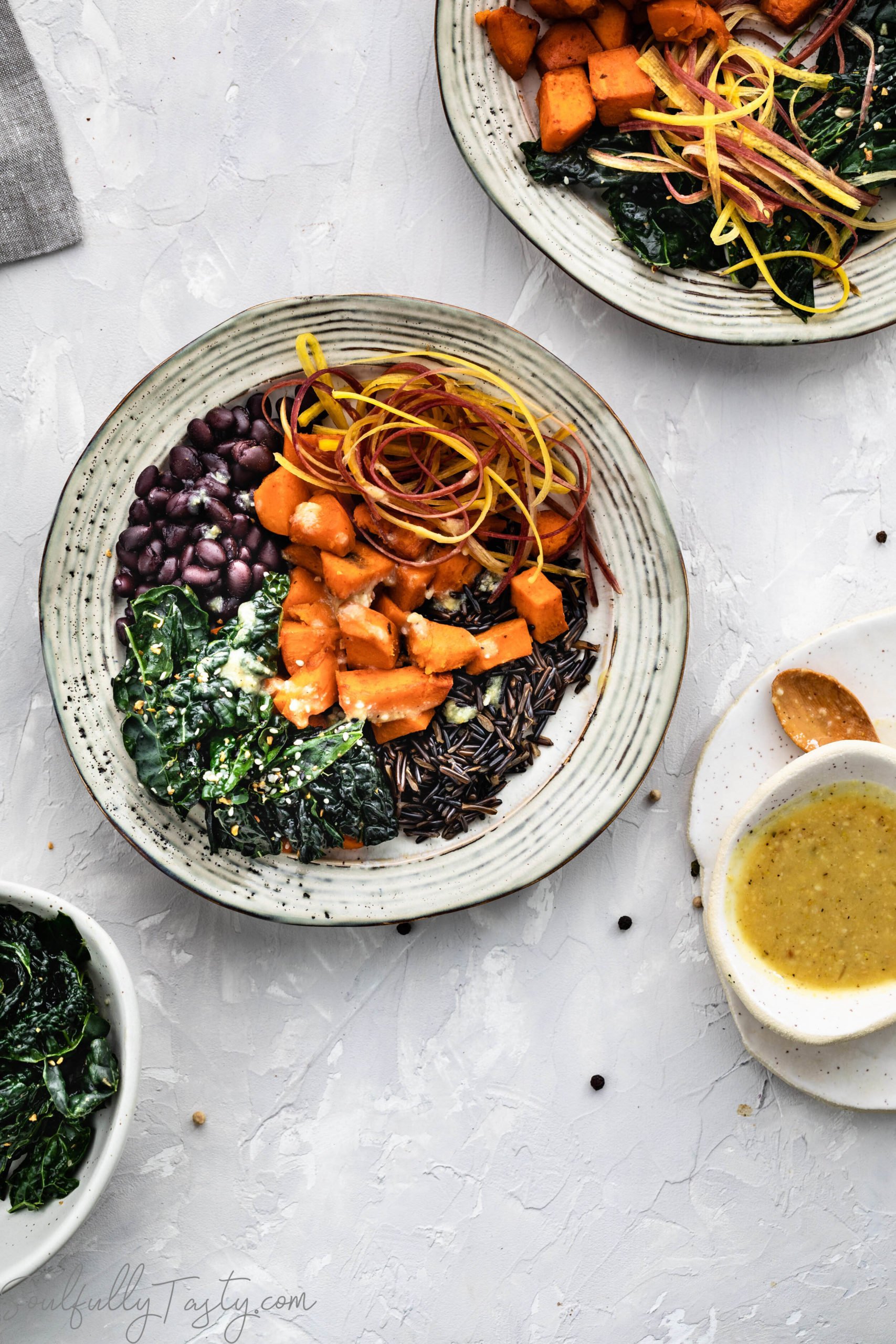
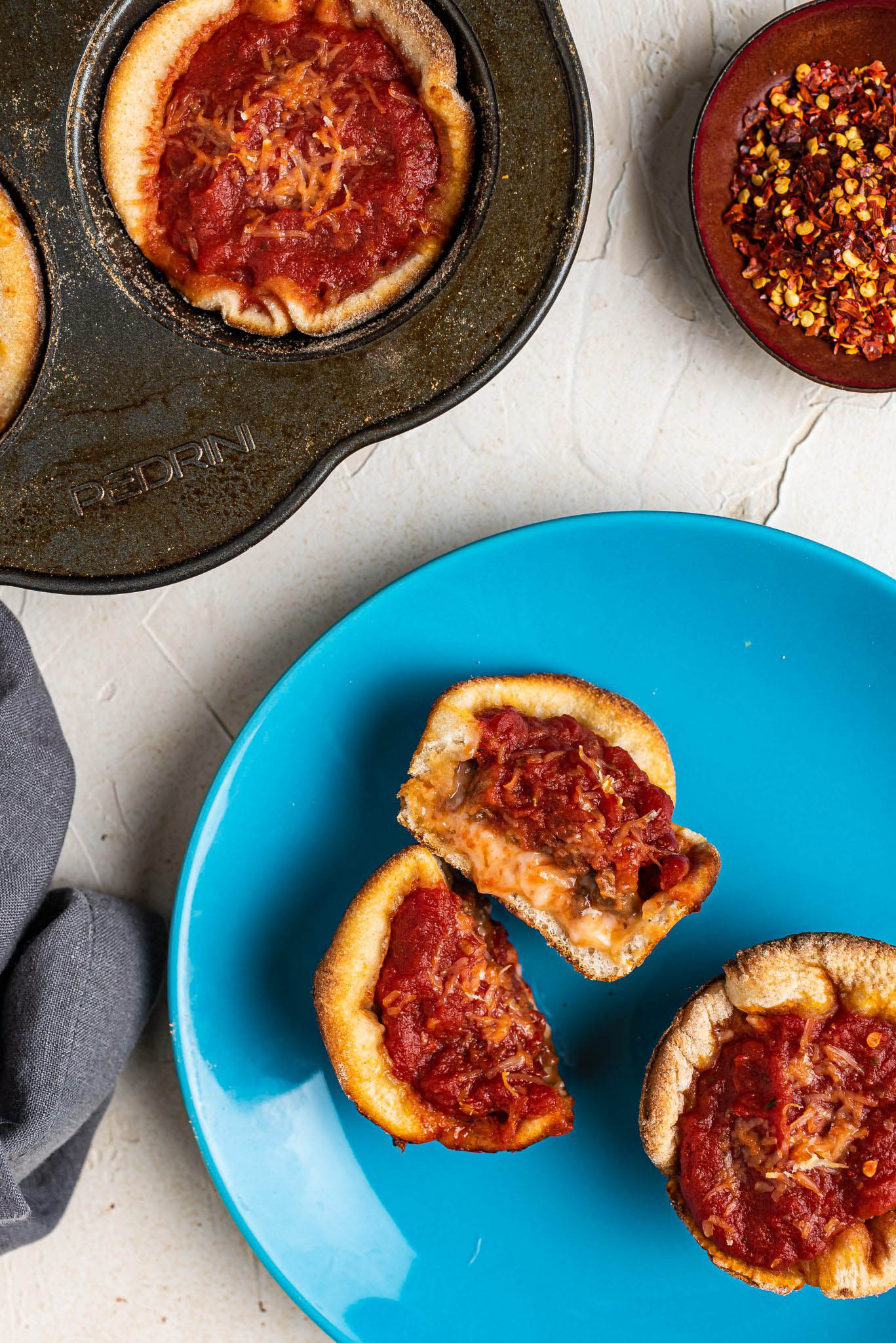
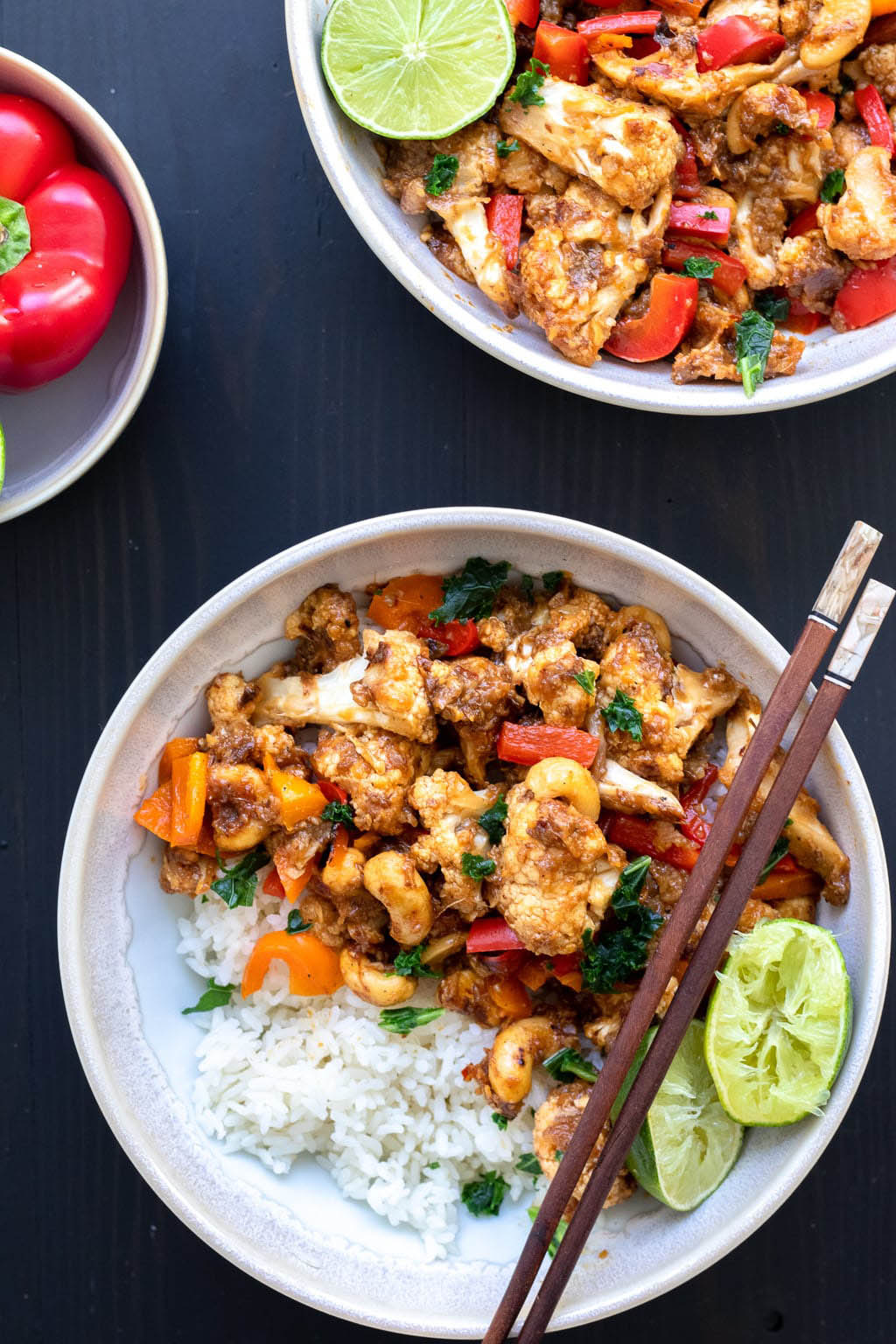
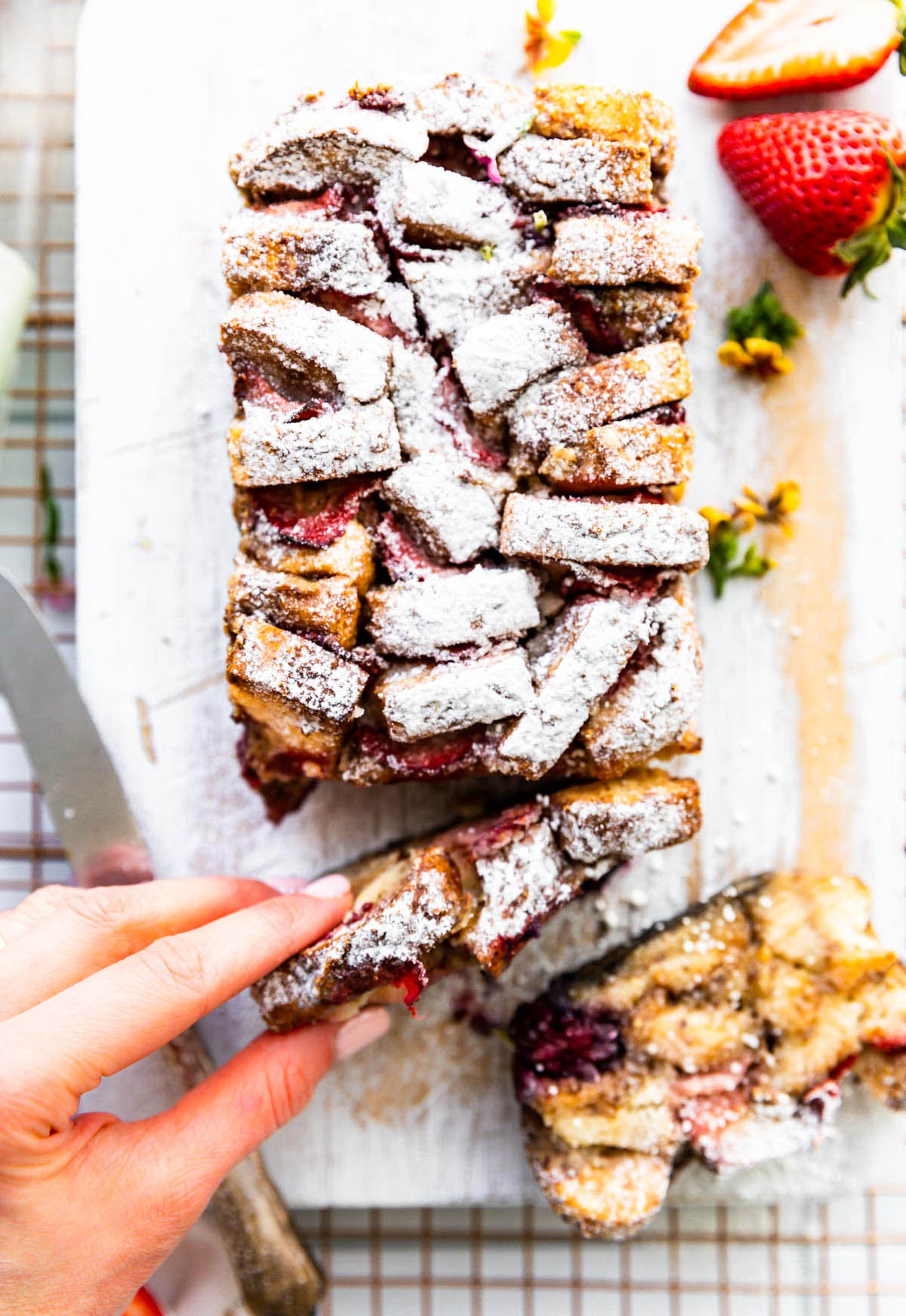
Leave a Comment
Thank you for so beautifully expressing what’s been on my mind and in my heart, both because I am having to look at my recovery as it interfaces with COVID-19s effects and because of how aware I’ve been of the fact that our personal demons don’t vanish as we navigate external crises. In fact, they grow bolder.
Excellent thoughts on recovery in times of crisis Gena–and thanks for picking that amazing article by Ed Yong–I read it yesterday–he should win an award–so well done. Love you
Dear Gena,
what you have written in this weekend reading resonated a lot with me. I`ve had a challenging day and your writing acted as a good reminder to calm down, take a deep breath and appreciate how far I have come on my own personal journey, so thank you very much. And also thanks a lot for all the great recipes you post on here and for sharing your kind and honest thoughts. I always look forward to the next weekend to read what you have written !
Stay save !
What a wonderful article today! Nice to see someone address an issue that many of us are going through right now. <3